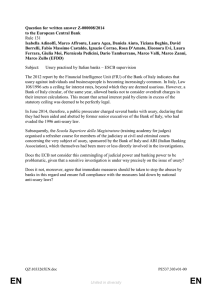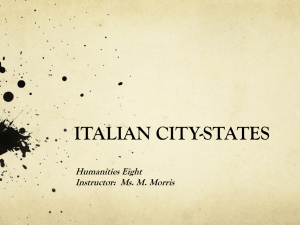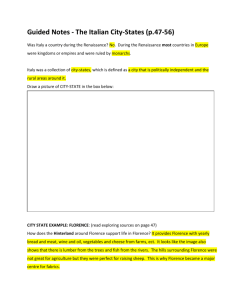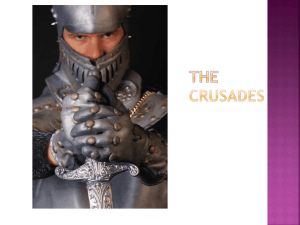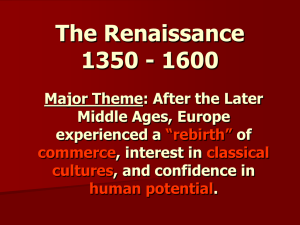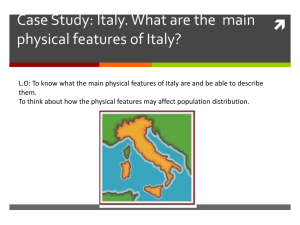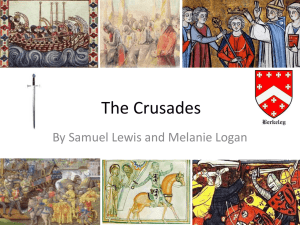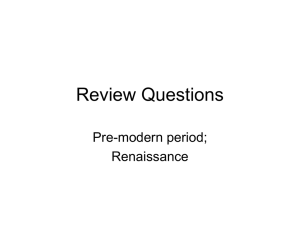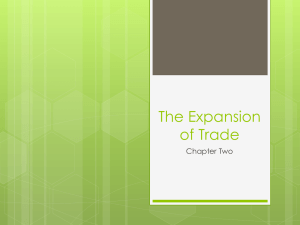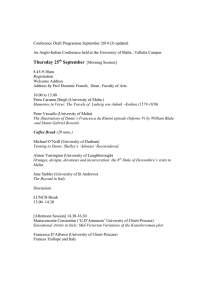The Expansion of Trade
advertisement
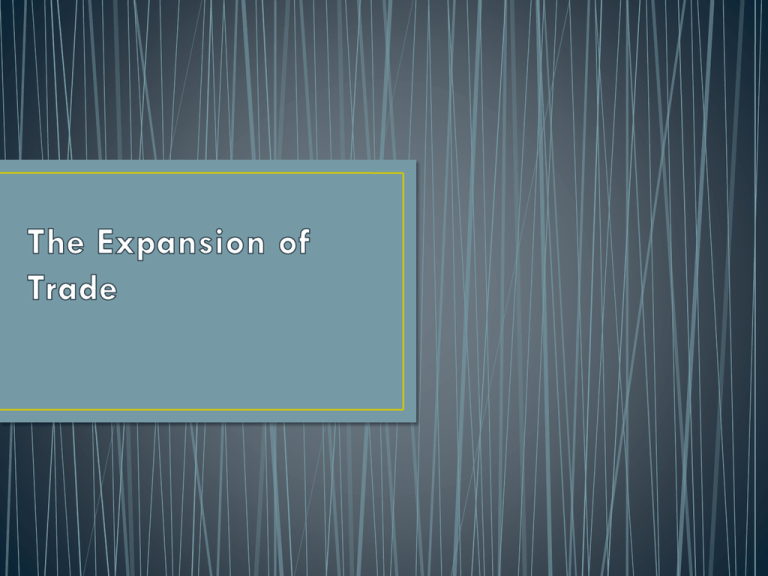
• The Silk Road was the first international trading route connecting people from Asia with those in Europe. More than goods were passed along these routes: Exchanges of ideas and knowledge Italy was seen as Europe’s gateway to the east. Why? Camel caravans travelled long distances moving goods from one region to another. • The Crusades were a series of Holy Wars fought between Christians and Muslims. • There were two important results of the Crusades for Europeans • Contact with Muslim Civilization • Trade • During this time, the Muslim world was more advanced than Europe • Because of the Crusades, Europe was exposed to new ideas about medicine, astronomy, math, literature • The Crusades brought many new goods to Europe, including oil, spices and various varieties of fruits • Europeans wanted more of these goods and this led to an increase in trade. • Renaissance Europe did not look the way Europe does today. • Italy was not yet a country like it is today but rather it was more like several kingdoms or empires. Italy was a collection of citystates. • A city-state consists of a city that is politically independent. • Dozens of city-states developed in Italy, there success depended on four things • Geography • As Italy had a lot of coast line transportation was easier and cheaper than in other European countries • Climate • Warm climate meant trade was not dependent on weather • Leadership • Italian city-states had their own governments, armies and controlled their own affairs without a monarch • Social Organization • Feudalism did not have nearly a strong a hold of Italy as the rest of Europe. • Rivalry among city-states was common as all wanted to expand trade and business. • Resources, goods and luxury goods was common in city-states • Money lending and banking began to take hold as Usury (the practice of charging interest when lending money became a way for people to gain wealth.) • The Economy went into a depression in the years following the Black Death, but merchants and bankers continued to grow wealthier through trade and commerce. • Bankers and merchants brought wealth and money to their city • Florentine bankers established banks across Europe • Usury – the practice of charging interest played an important part in creating wealth • During the Middle Ages the bank considered usury a sin • Rise of international trade required large investments that would be tied up for years and therefore usury became a common practice.
